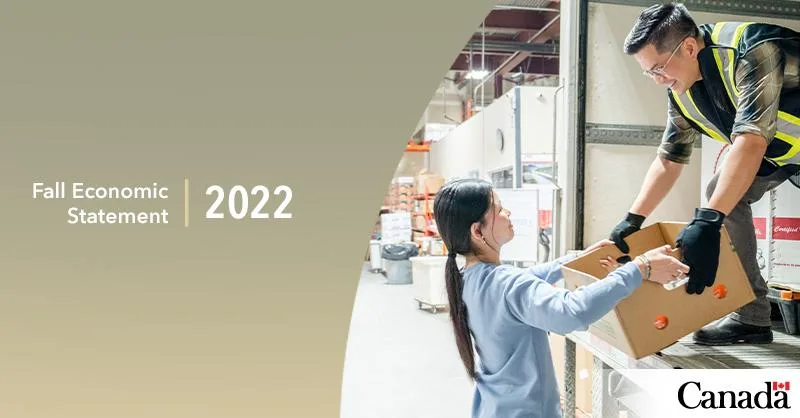Gatineau – Every day, more and more Canadian workers are taking on gig work—casual work arrangements involving specific and often one-off tasks, frequently through digital platforms. While gig work can offer some benefits, such as flexible work arrangements, these kinds of work relationships can also often deprive workers of their labour rights and the basic job protections that everyone deserves. Labour standards must continue to evolve to ensure safe and fair working conditions for all workers, regardless of their work status, and the Government of Canada is committed to updating the Canada Labour Code to better protect gig workers.
Minister of Labour Seamus O’Regan Jr. released the What We Heard Report on Developing Greater Labour Protections for Gig Workers, which summarizes feedback from consultations to better understand gig workers’ experiences in federally regulated sectors, including those working on digital platforms. Examples of gig workers in federally regulated industries include some self-employed truck drivers, couriers, network technicians, freelancers, artists and cultural workers.
The Government heard from a variety of Canadians and stakeholders, including employers, employer representatives, unions, worker groups, Indigenous partners, advocacy organizations and experts. The report highlights four key themes:
- recognizing challenges and opportunities of gig work;
- improving access to labour protections for gig workers;
- ensuring more transparency and fairness in the gig economy; and
- improving information quality for better policy-making.
Those who participated had a broad range of views, and their varied feedback and experiences reflect the complex nature of gig work. The Government will carefully consider the results of the consultations as it plans to move forward with improvements to labour protections for gig workers.
The Government is also working to better protect federally regulated workers by strengthening employee misclassification provisions. On January 1, 2021, legislative amendments came into force that prohibit employers from incorrectly classifying workers as independent contractors when they are in fact employees, and denying them rights, protections and entitlements under the Code. Starting in 2023–24, the 2022 Fall Economic Statement proposed $26.3 million, over five years, to support the Government in enforcing non-compliance measures in the federally regulated road transportation industry through orders, administrative monetary penalties and prosecutions.
“The nature of work is changing, so Canada’s Labour Code has to change too. Gig workers are workers. They deserve protection.” –Minister of Labour, Seamus O’Regan Jr.








